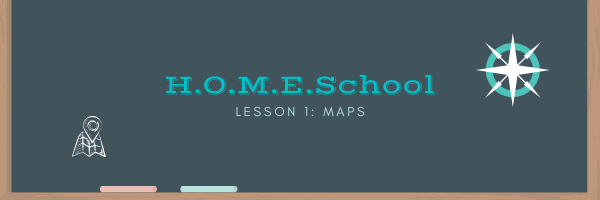Town Hall Spring 2020
On April 14, over 60 SEMIS Coalition members gathered online for a welcome point of connection after much distance, and a global pandemic changing the fabric of our daily lives as educators…as humans. We talked about how we can care for ourselves and each other in ways consistent with our values and what place-based education offers us. During this first virtual town hall we proposed two critical inquiries that fit well within themes of interconnectedness and resilience that we have for the year, and that come out of our place-based approach:
1) The first concerns how we can take care of ourselves and each other in the current moment in a way that is consistent with our values.
2) The second is around what place-based curriculum looks like right now, especially with regards to how we elevate youth voice.
We will continue to explore these questions together over the course of the 2020-2021 school year.
We have a clear vision of the purpose of education. We understand that our main task is to grow youth and adults who can create healthy, just, resilient, and thriving communities. We are grateful to the educators who regularly put their heart and soul into their craft, and always go above and beyond to meet the needs and interest of their students. Teaching is complex work that requires one individual to play many roles, and all of these individuals to work together for the greater good of our schools and communities. We are so fortunate to be among the humans who make up this Coalition!
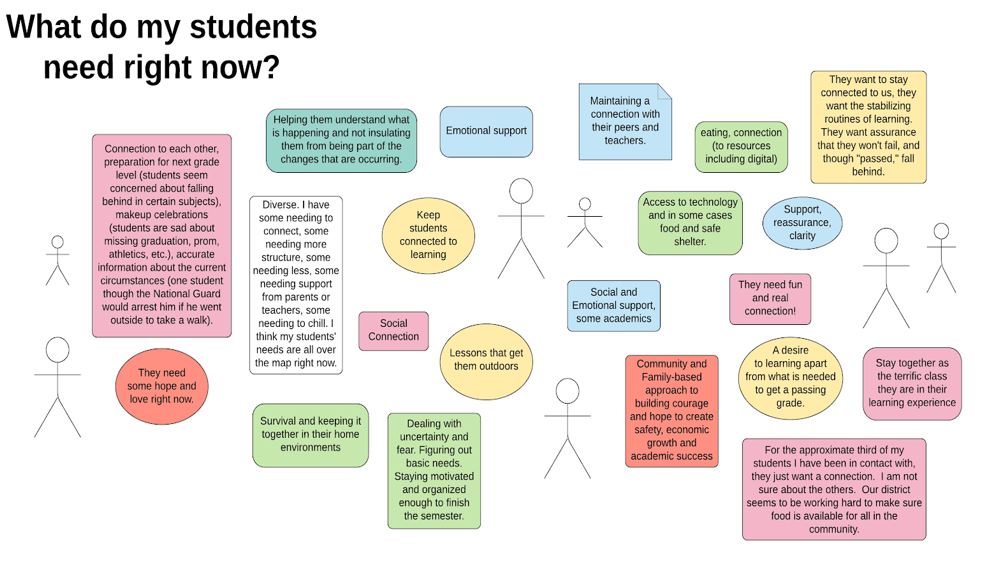
Before we met as a coalition for this town hall we surveyed members to gain an understanding of their current experiences and how we could be supportive of them. We sought insight into what needs exist in our community, what Coalition-wide strengths people are willing to share, and how we can best provide Place-Based Education related resources and ways of connecting through this unprecedented time of remote learning and teaching. This graphic presents data from one of the questions in this survey: SEMIS Coalition Needs & Strengths Survey, April 2020.
Quotes from members who attended...
I appreciate being able to see my teachers and being reminded that we are all feeling/going through this together and that people have your back and are still there
As a community partner, it was so helpful to hear about what expectations are for online learning/time frames, structure, to gain a more realistic idea of capacity of working with partners at this time.
It was reassuring to see that the struggles we are working with seem to be the same throughout that community. I very much appreciated some of the ideas shared on the agenda as well as ideas shared in the breakout sessions to craft PBE online.
Featured Curriculum Ideas for Virtual Place-Based Education
The lessons and activites below were shared with members who participated in the April Town Hall. We had compiled a list of ideas for PBE virtual adaptations.
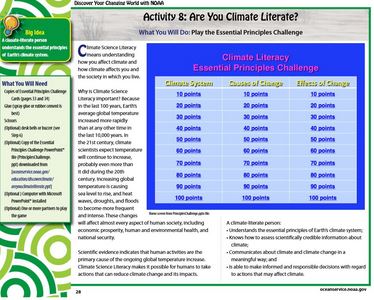
Climate (Change) Literacy Game
From the National Oceanic and Atmospheric Administration’s Education Resources Ten Activities to Introduce You to the Essential Principles of Climate Science
Big Idea: A climate-literate person understands the essential principles of Earth’s climate system.
Activity 8: Are You Climate Literate? Play the Essential Principles Challenge!
Climate Science Literacy means understanding how you affect climate and how climate affects you and the society in which you live. Accompanying Powerpoint, and other activities, can be found here: https://oceanservice.noaa.gov/education/discoverclimate/
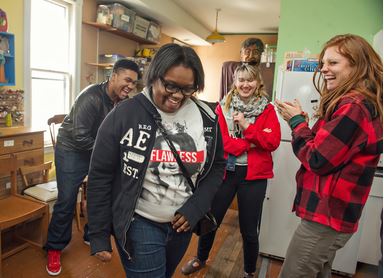
Community Building Game Challange
Ask your students to help you design a community building game or activity! Share with your students that students in the class might be feeling stressed, disconnected, lonely, and bored. Ask them to design a community building activity that could include everyone in the class, that keeps everyone safe and healthy, that helps people feel included and connected, and builds/maintains strong class community.
This idea comes from Ms Jacinda Bowman who teachers at the James and Grace Lee Boggs Middle School. Ms. Jacinda and Ms. Ella designed a choice-based learning menu for their 6th, 7th, and 8th grade students this past spring when they transitioned to remote virtual learning.
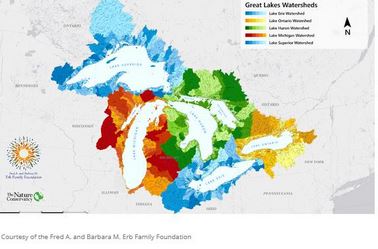
Great Lakes Learning: 5 ways to teach your child about groundwater
From Great Lakes Now! Groundwater has been called “the sixth great lake” at times because of its importance and the amount of it available in the Great Lakes region. That’s why each of our collections of lessons about the Great Lakes has a focus on groundwater.
In the first collection, Great Lakes Now explores the Water Beyond the Lakes, where students will investigate various features of the Great Lakes basin—including groundwater. In the second collection, they consider the Supply and Demand of Groundwater as threats to the available groundwater impact residents and communities.
Housed within these lessons are a series of activities and resources that will help students and adults alike to understand and appreciate groundwater. Great Lakes Now authors have organized the lesson resources into five categories of learning experiences that you can use to teach about groundwater from home.
As the author of Great Lakes Now’s collection of lesson plans, educational consultant Gary Abud Jr. is now providing more support for parents, teachers and caregivers who want to incorporate Great Lakes learning into their time with children and students. Find the lesson plans and the virtual field trip online HERE.
Sense of Place Maps: Alliance for the Great Lakes
Think about places in Michigan or community that are special to you. If it’s safe, take a walk with your family. Wear a mask and don’t touch your face while you’re out. See if you can find special spots on your walk that you want to keep in your mind for your “sense of place” map that you will draw at home.
This lesson will help develop spatial reasoning abilities, mapping skills, and a greater “sense of place” – or connection to the Great Lakes.
Watch this video featuring the wonderulf Katie Larson from the Alliance for the Great Lakes before you begin for instructions on creating your map.
The full lesson can be found here: https://greatlakes.org/2020/04/homeschool-maps/

